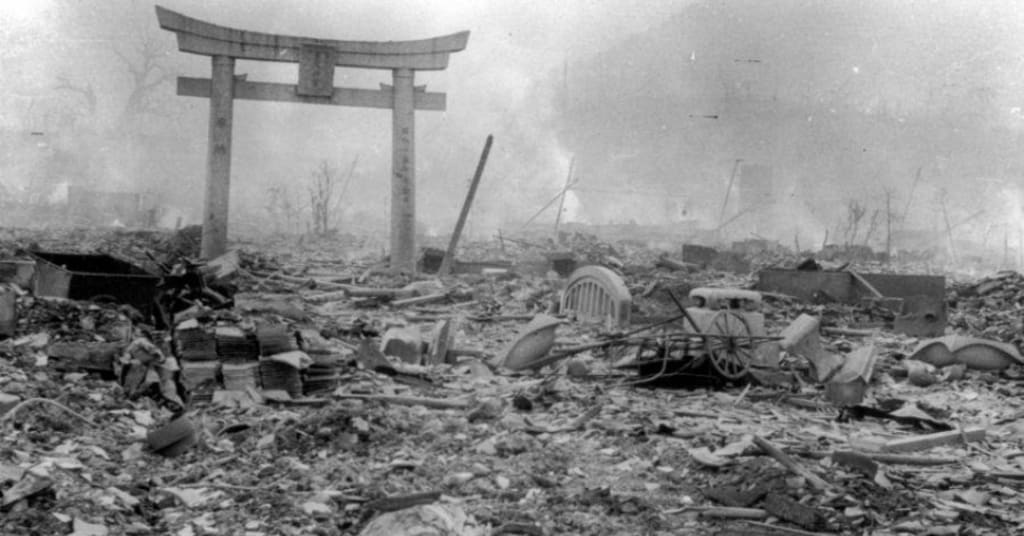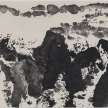
Nuclear weapons have been in the news quite regularly over the last year, from North Korea's technological breakthroughs to troubles with the Iran Deal. Yet the public concern which accompanies these topics is wildly disproportionate to the effect they stand to have over our future. The word "nuclear weapon" gets no more attention in the news than a major corporate announcement or an important local election. Perhaps some can view this as a good thing. The American hegemony which emerged with the fall of the Soviet Union meant that everyday citizens no longer had to think about the possibility of everything they ever knew or loved being disintegrated into ash at the push of a button.
Yet, it was precisely this daily fear of annihilation which guided the world safely through the Cold War. Americans were forced to elect responsible, level-headed leaders and to hold them accountable for their actions. Dialogue between even the most bitter of enemies became necessary as the cost of miscommunication grew unacceptably high. Arms control agreements, nonproliferation regimes, and NATO were born of the idea that petty disagreements, the likes of which kept European neighbors at war for most of their history, could not coexist with a weapon that was capable of wiping cities off the map. The fate of the planet depended on a generation that could put aside their differences, and citizens and their leaders around the world rose to the challenge.
A century ago, an imbecile like Trump, a murderer like Putin, or an ego-maniac like Xi would have been troublesome but survivable political developments. Yet, in the nuclear age, volatile, power-hungry demagoguery is not a political problem; it is an existential one. The weakening of Europe and the growing tension between Western allies is threatening to change the geopolitical calculus which kept nuclear weapons off the table. Far more importantly, the average citizen has taken the non-use of nuclear weapons for granted. They have elected a president who is volatile and selfish, and they have failed to push for intelligent nuclear policies, such as the Iran Deal. Most recently, this US president has attacked Turkey, a NATO ally which hosts dozens of American nuclear weapons, and imposed further sanctions on their economy. What happens when Turkey's authoritarian government decides to take these weapons for themselves? Or when Iran builds their own? Such horrifying scenarios are quickly moving from possibility to probability.
In 1957, Mao showed the world the exact kind of political thinking which could spell the end of human civilization. In an infamous lapse of sanity, he declared, “I’m not afraid of nuclear war. There are 2.7 billion people in the world; it doesn’t matter if some are killed. China has a population of 600 million; even if half of them are killed, there are still 300 million people left. I’m not afraid of anyone." Is it really that hard to imagine the current US president tweeting out something similar? In some ways, it would simply make sense. If the American people are not afraid of nuclear weapons, why should the president be?
As the world grows increasingly unstable, we need to step away from the ideological political battles and return to a Cold War way of thinking about our species' survival. The nuclear peace which has persisted for the last 73 years was largely the result of a world scared into submission by a weapon which could destroy it. This is a peace which cannot be broken at any cost. In the year 2018, far from disappearing, these weapons have become faster, more powerful, and more widespread than ever before. The threat has grown even as our concern evaporated. It is up to all of us to become afraid once again.






Comments
There are no comments for this story
Be the first to respond and start the conversation.